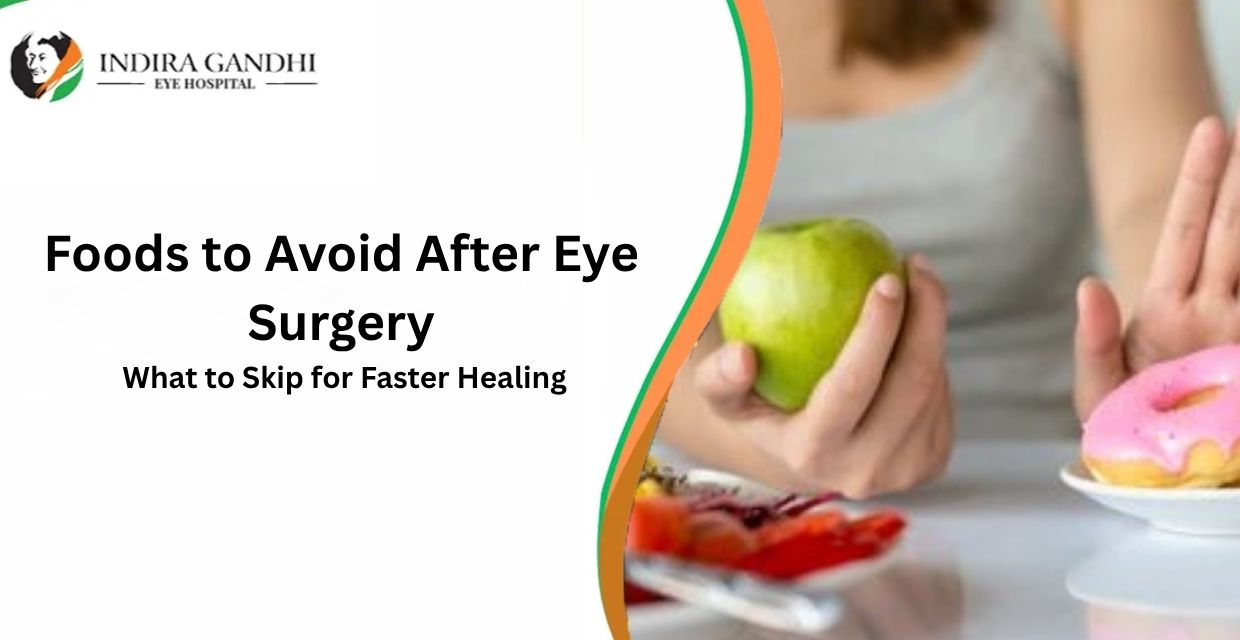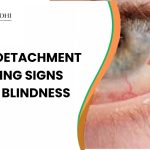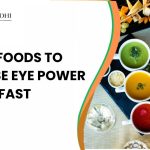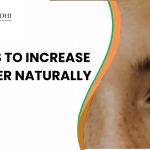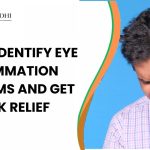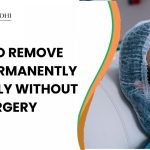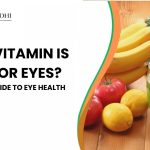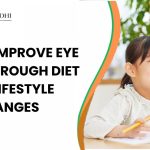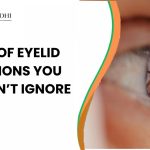Undergoing eye surgery is a big decision—one that can significantly improve your vision and quality of life. Whether it’s LASIK, cataract removal, retinal surgery, or corneal transplant, the healing process doesn’t end once the procedure is over. In fact, what you eat after eye surgery can either speed up or sabotage your recovery.
If you’re wondering what food to avoid after eye surgery, you’re in the right place. This blog dives deep into the dietary do’s and don’ts after surgery—especially the don’ts. Following these post-operative guidelines will help you protect your vision, reduce inflammation, and avoid complications.
Let’s zoom into the Post-Surgery Healing Checklist: Avoid These Like the Plague.
1. Sugary Foods and Refined Carbohydrates
Sweet cravings are normal, but sugar is your worst enemy during healing.
- Cakes, pastries, doughnuts
- Sugary cereals and sweetened drinks
- White bread, pasta, and rice
Why to Avoid:
High sugar intake spikes your blood sugar levels, which increases inflammation and slows tissue repair. In diabetic patients especially, sugar can disrupt ocular blood flow and impact post-surgery outcomes.
Use this as your golden rule: If it tastes like dessert, skip it. What food to avoid after eye surgery? Sugar tops the list—no debate.
2. Spicy Foods
Tempting as they are, spicy foods like chilies, pickles, and masalas should be off your plate.
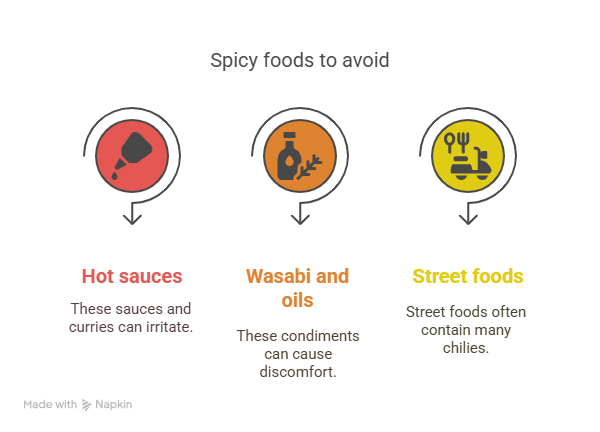
- Hot sauces and curries
- Wasabi and chili oils
- Street foods loaded with red chilies
Why to Avoid:
Spicy food increases body temperature and can cause excessive tearing, irritation, and inflammation in the eyes. Some people may also experience gastric reflux, which puts pressure on the eye socket—definitely something you don’t want post-surgery.
If you’re still asking what food to avoid after eye surgery, remember: the hotter the food, the longer the recovery.
3. Deep-Fried and Oily Foods
From samosas to French fries—oily foods are a trap.
- Fried snacks
- Fast food like burgers and fries
- Deep-fried Indian street food (pakoras, bhature, vada)
Why to Avoid:
These foods are rich in trans fats and low in nutritional value. They promote systemic inflammation and can clog arteries, disrupting blood flow to the optic nerve. Healing tissues need a clean, rich blood supply—not greasy interference.
When recovering from eye surgery, you need clean fuel, not fried toxins. It’s essential to remember what food to avoid after eye surgery and stick to whole, clean meals.
4. Caffeinated Beverages
Yes, even your beloved cup of chai or coffee might need to take a break.
- Strong coffee and espresso shots
- Energy drinks
- Caffeinated sodas
Why to Avoid:
Caffeine acts as a diuretic, potentially leading to dehydration. For optimal eye healing, your body needs to stay hydrated. Dry eyes can become a serious postoperative issue, and caffeine may make it worse.
What food to avoid after eye surgery? Let’s expand that to “what drink to avoid,” and caffeine makes the cut.
5. Processed and Packaged Foods
These quick bites are packed with preservatives—and problems.
- Instant noodles and ready-to-eat meals
- Packet chips and canned foods
- Frozen dinners
Why to Avoid:
They are loaded with sodium, artificial colors, and preservatives that are bad for your overall immunity. A suppressed immune system means longer healing time and higher risk of infection.
Leading eye care institutions—including specialized facilities—recommend a fresh, natural diet after any eye procedure. No packets, no shortcuts.
Still asking what food to avoid after eye surgery? Add every packet on the shelf to your “do not touch” list.
6. Red Meat and Fatty Cuts
While protein is essential, red meat might backfire during healing.
- Mutton, beef, and pork
- Sausages, bacon, and cold cuts
Why to Avoid:
Red meat is high in saturated fat and can raise cholesterol levels. This slows down your body’s healing process and increases the risk of ocular pressure spikes, especially after surgeries like glaucoma correction.
Another strong contender in what food to avoid after eye surgery—go for lean proteins or plant-based alternatives instead.
7. High-Sodium Foods
Salt is another silent threat that worsens inflammation.
- Pickles
- Salted chips and crackers
- Processed cheese and canned soups
Why to Avoid:
Too much sodium leads to water retention and increased blood pressure, both of which can harm delicate eye tissues and delay recovery. After procedures like corneal surgery or retinal repair, high salt intake is like poking your healing eye from the inside.
When it comes to what food to avoid after eye surgery, salty snacks are a total no-go.
8. Alcohol
If you’re thinking of toasting your new vision—don’t.
- Wine
- Beer
- Hard liquor
Why to Avoid:
Alcohol leads to dehydration, compromises your immune response, and interferes with prescription medications, including eye drops. It can also disturb your sleep cycle—one of the most important aspects of healing.
Professional eye care centers, including experienced specialists, strictly advise against alcohol post-surgery. Cheers to that! If you’re asking what food to avoid after eye surgery, alcohol is always a solid no.
9. Unhygienic Street Food
Even if you think your immune system is strong—don’t take chances.
- Golgappas
- Chaat, pav bhaji, vada pav
- Anything cooked in open air with suspect hygiene
Why to Avoid:
The risk of food poisoning or infection is extremely high. Stomach infections can weaken your immune system, leaving you vulnerable to post-surgical complications.
What food to avoid after eye surgery? Anything that your eyes wouldn’t trust.
10. Cold Foods That Trigger Congestion
You may love your chilled dessert, but your sinuses might not.
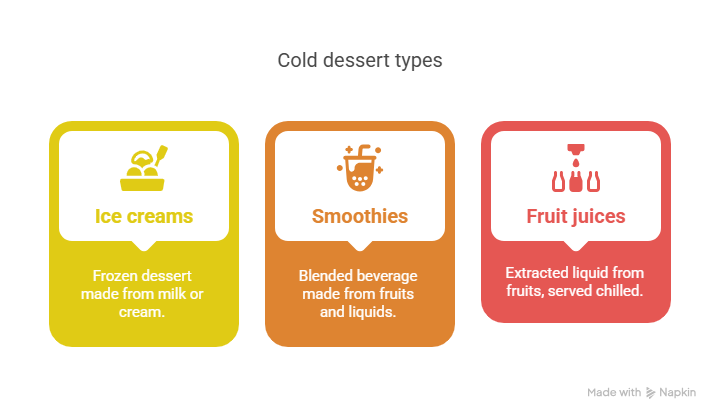
- Ice creams and cold desserts
- Refrigerated smoothies and milkshakes
- Very cold fruit juices
Why to Avoid:
Cold foods can cause mucus buildup and sinus pressure, which directly affect ocular pressure—a dangerous thing after surgeries like LASIK in Gurgaon or corneal grafts. Even a mild sinus headache can delay healing.
11. Hard-to-Chew Foods
Your eyes and your jaw are more connected than you think.
- Tough meat cuts
- Hard bread crusts and raw vegetables
- Nuts and dry fruits (especially whole almonds, cashews)
Why to Avoid:
Chewing hard food puts stress on facial muscles, which can translate into increased eye pressure. If your eye surgeon has placed stitches or if you’ve undergone glaucoma surgery, this pressure can cause pain or even injury. Eat soft, easily digestible food to reduce all mechanical strain.
Conclusion
Healing from eye surgery isn’t just about following your doctor’s prescription—it’s also about avoiding the wrong inputs, especially through food. If you’ve been wondering what food to avoid after eye surgery, now you have the complete answer. From spicy meals to sugary treats and even cold smoothies, each of these can delay your healing journey or worsen side effects.
Leading centers offer comprehensive post-operative care guidance to ensure optimal healing and clear vision. For patients in different regions, quality care is available at Gurgaon, Lucknow, Delhi, and Amethi locations. Whether you’ve undergone cataract surgery in Delhi or other procedures, following proper dietary guidelines is crucial for recovery.
For comprehensive information about post-surgical care and expert guidance, learn more about professional eye care approaches that support optimal healing outcomes. If you have specific questions about your recovery or need personalized dietary advice, don’t hesitate to contact your eye care specialist.
So, keep your plate clean, your choices smart, and your recovery sharp. Let your eyes heal the right way—by skipping the wrong foods.
Frequently Asked Questions
What food to avoid after eye surgery for faster healing?
Avoid sugary foods, fried snacks, spicy dishes, high-sodium items, processed meats, alcohol, and carbonated drinks. These can slow down healing, cause inflammation, or interfere with medications and eye pressure regulation.
Can I drink coffee or tea after eye surgery?
Yes, but only in moderation. Limit yourself to 1–2 cups per day. Excess caffeine can lead to dehydration and increased eye pressure, which may negatively impact your recovery.
Is it safe to consume alcohol after my eye operation?
No. Alcohol can interfere with medications, dehydrate your body, and increase the risk of accidents due to blurred vision or drowsiness. Avoid alcohol until your doctor approves it.


